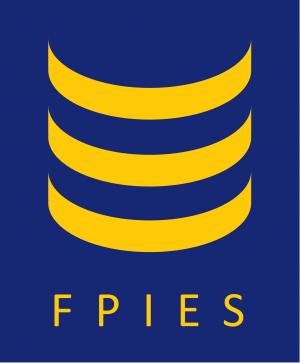FPIES Country Partner: Norway
Kunnskapsdepartementet - The Ministry of Education and Research has overall responsibility for:
- developing a national policy for inclusive education;
- regulations and supervision;
- monitoring and evaluating national policy for inclusive education;
- follow-up analysis and statistics;
- guidance for local school authorities;
- policy for teacher education.
For more information about country-specific data on inclusive education from Norway, access the Country information for Norway on the right side of this page.
Partner representatives
- Kari Brustad: Kari is a Deputy Director General, Ministry of Education and Research. In the FPIES project, she is a Project Advisory Group member.
- Bodil Hafsås: Bodil is a Senior Adviser in the Ministry of Education and Research. In the FPIES project, she is a Country Analyst.
The country study visit to Norway
The role of the Norwegian Ministry in the FPIES project was to host one of the six country study visits (CSV) involving policy-makers from three of the other five partner countries. The CSV examined in depth the system of financing special needs and inclusive education in Norway and identified features, challenges and opportunities within the overarching national model and the different local models currently in use. A wide range of relevant stakeholders participated in the study visit and discussed the set-up and impact of financing policies in Norway.
In the Norwegian school system, the central government sets the national goals and framework, while decision-making is highly decentralised to the municipalities and county municipalities. The Norwegian public sector is divided into the central, county and municipal government levels. The municipalities are responsible for compulsory education and the counties are responsible for upper-secondary education and training, but within the limits the central government sets in the Education Act. Both municipalities and counties are mainly financed by taxes, user charges and grants from the central government. However, user charges cannot be applied in the public school system.
The main strength of Norway's financing system discussed by the country study visitors was the level of decentralisation and flexibility for local solutions. This was evidenced by how the different municipalities discussed their approaches to financing inclusive education and by how their approaches were based on local needs and circumstances.
The Country Study Visit Reports and Country Reports from Norway are available for download below.

